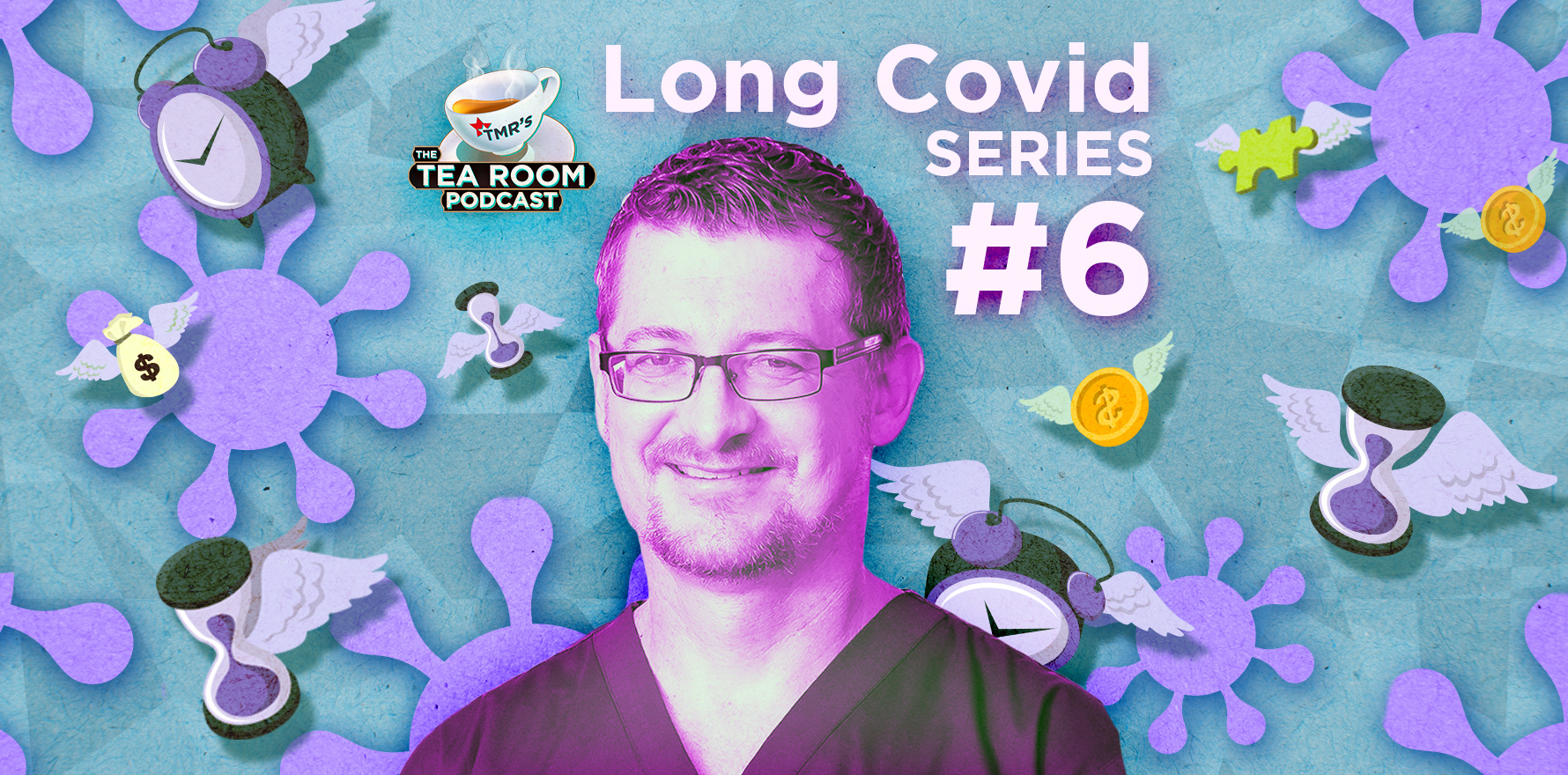Stress at the time of infection is emerging as a risk factor, while healthy lifestyles may be protective.
Given the stress many GPs are currently experiencing, this episode might make you want to tighten your mask straps.
Associate Professor Anthony Byrne heads up St Vincent’s long covid clinic in Sydney. He spills the tea on what the clinic is up to and what they’ve learned this year, including the risk factor of stress.
“The amount of anxiety and stress a person is under at the time of their initial infection is just as important if not more important that other risk factors such as having diabetes or having severe illness,” he said, adding that healthy lifestyle habits like going for a run could be a protective factor.
Although it might not be sweet news, according to Professor Byrne many long covid patients also have doctors who are not hearing what they say.
“Unfortunately, that is what I’ve heard from my patients. Some health professionals are not listening to them about some symptoms, such as fatigue. Fatigue is a real thing but it’s hard to measure. So, doctors do need to have a default setting of believing patients when they’re saying that they’re fatigued,” he said.
The good news is that long covid patients does eventually resolve for most patients. It’s just a long road of debilitation until it does.
“The word that’s been used by many patients is ‘glacial’. It’s just a glacial improvement and it’s also up and down. There can be good days and bad days. But the overall trajectory for most people is improvement,” Professor Byrne says.
We chat about the current parliamentary inquiry into long covid, the lack of mention in the recent federal budget and how St Vincent’s long covid clinic is exploring hyperbaric treatment.
You can listen and subscribe to the show by searching for “The Tea Room Medical Republic” in your favourite podcast player.


